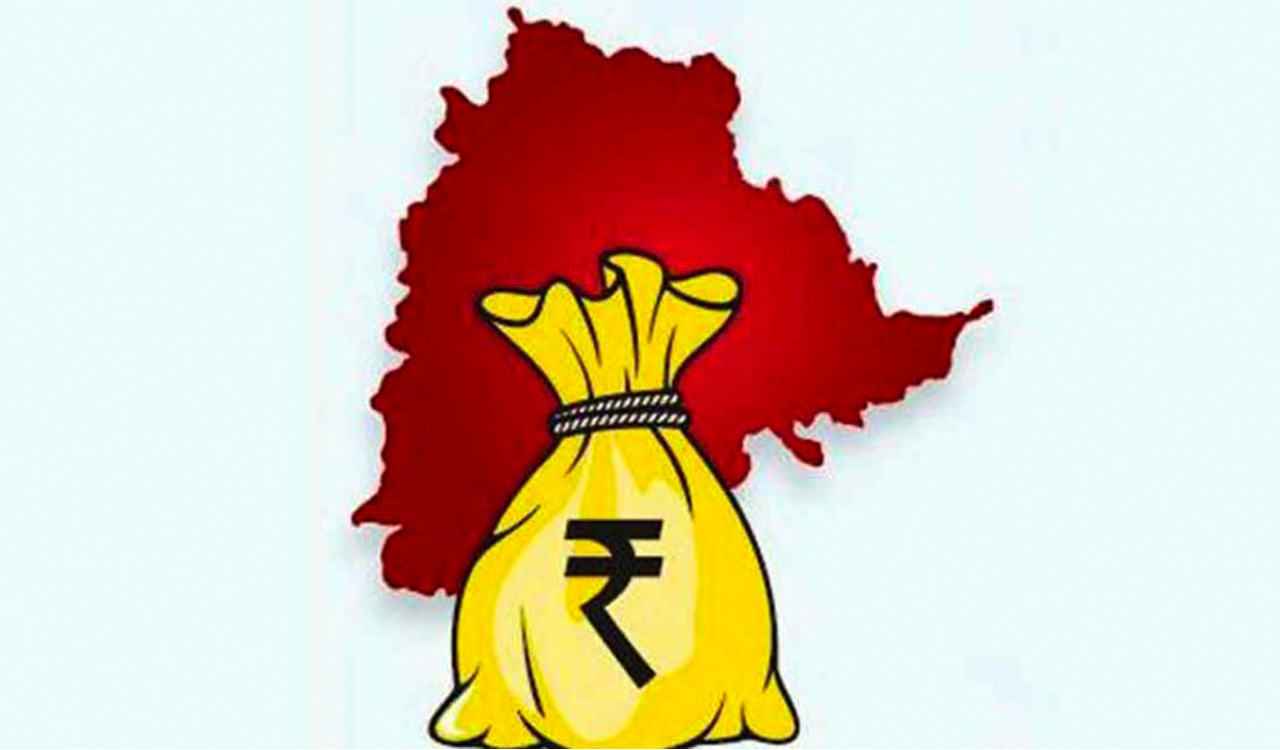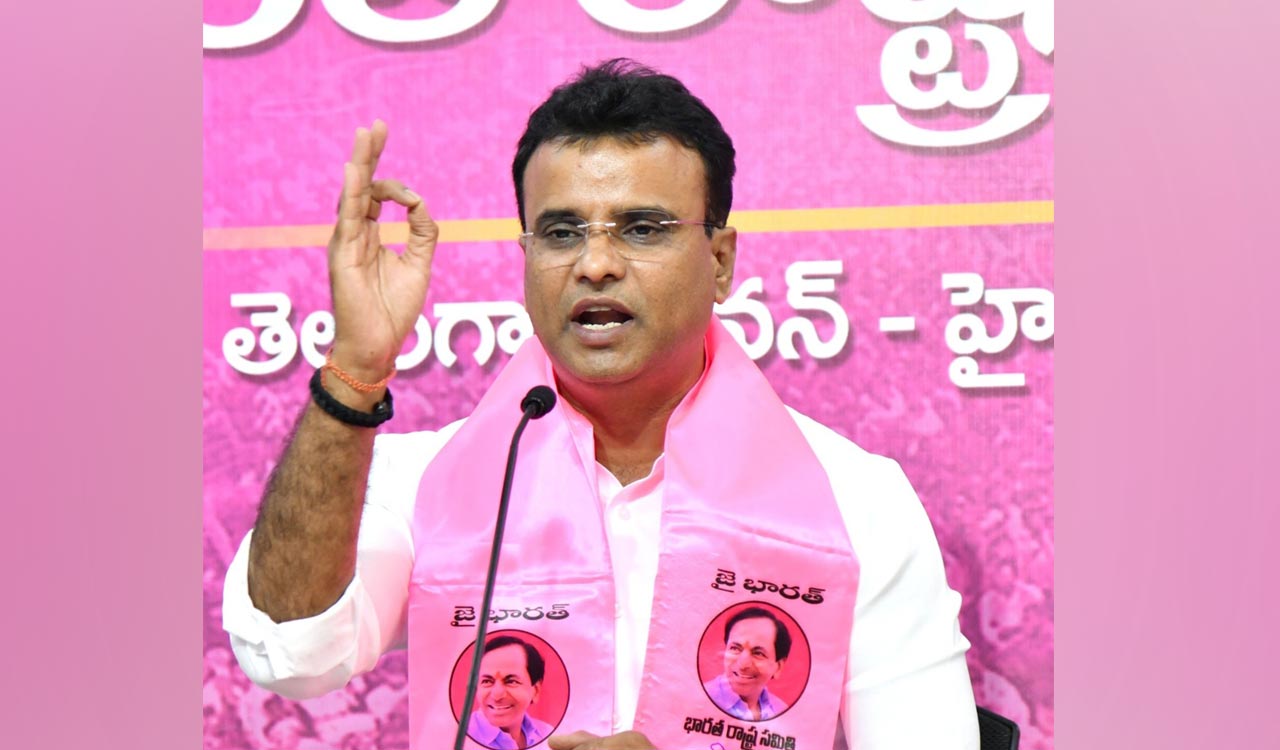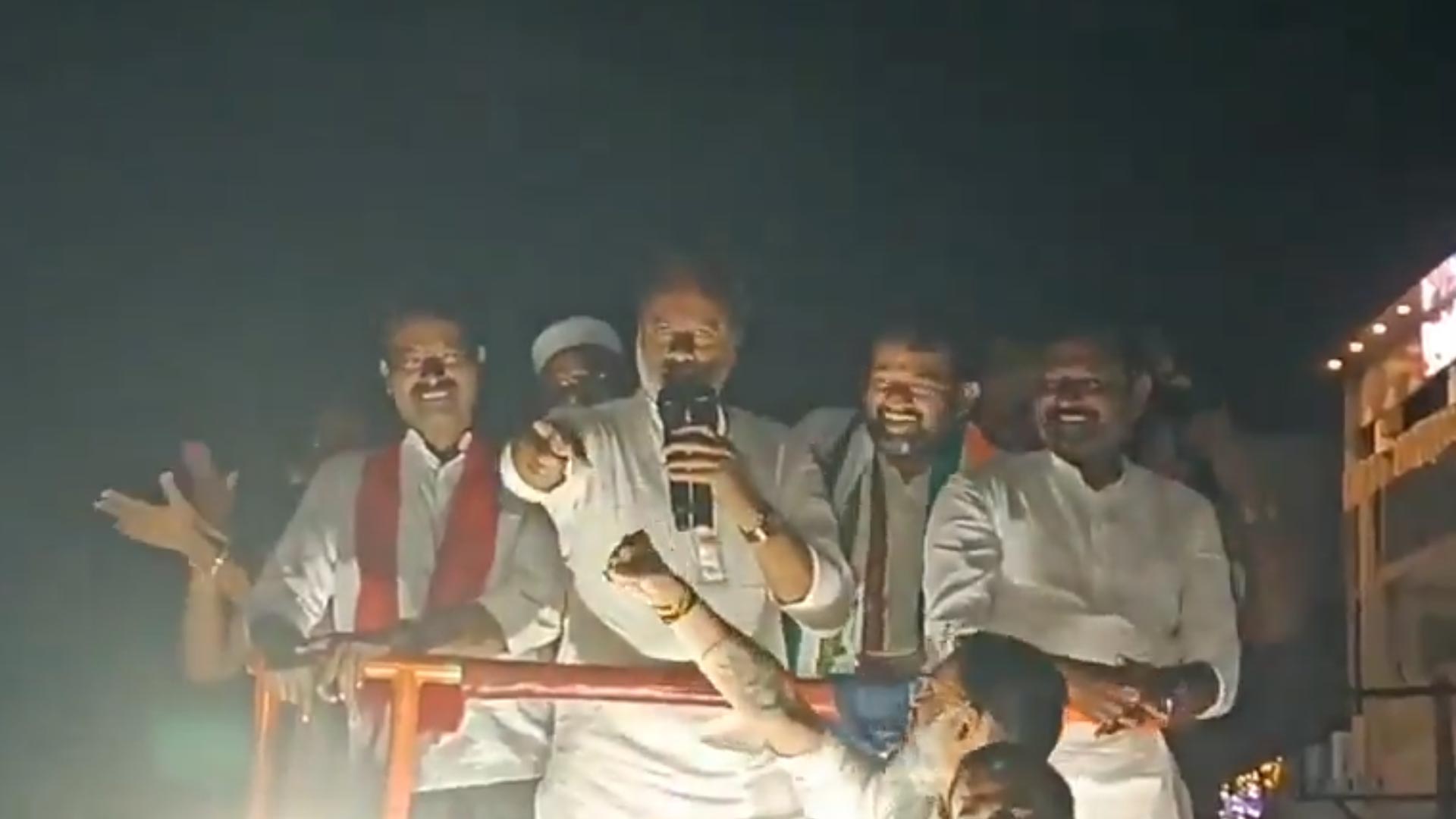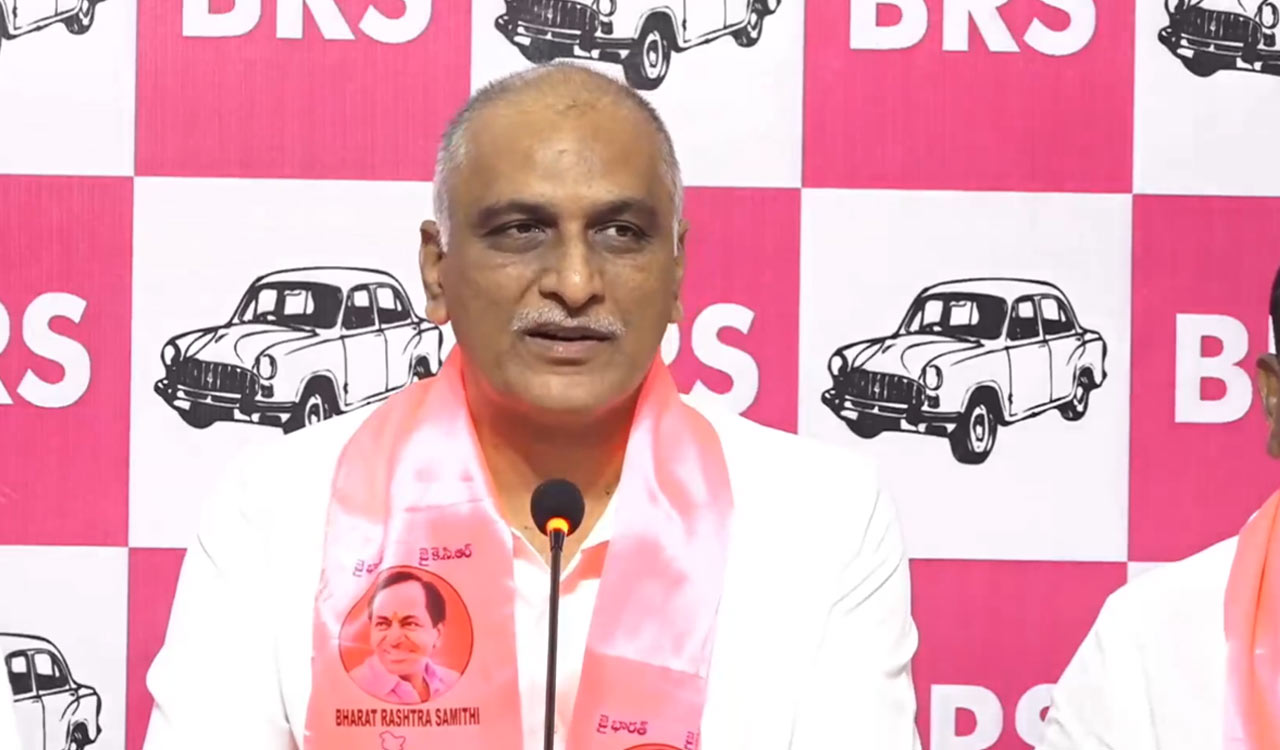Telangana caste survey: Congress’ gamble on BC reservations backfires
BC leaders now want State government to implement 42% reservation in upcoming local body polls
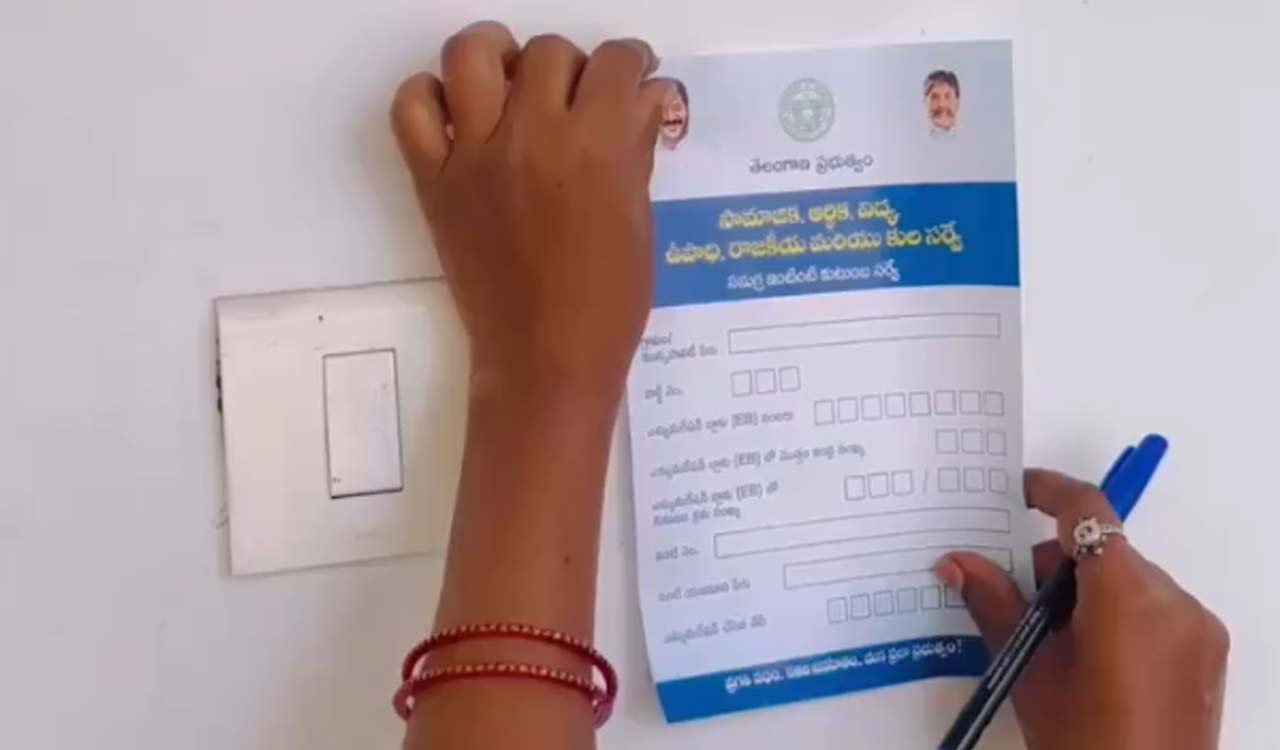
Hyderabad: The Congress government‘s attempt to gain political advantage with BC reservations ahead of local body elections has backfired.
Instead of strengthening its support among BC communities, the poorly executed plan has triggered fierce internal dissent, severe public backlash and raked up serious credibility concerns, leaving Chief Minister A Revanth Reddy’s administration struggling for damage control.
With no major achievements to showcase in its one-year tenure, the Congress had sought to make BC reservations and SC categorisation its key poll strategy for the local body polls. The plan was not just for Telangana as the party aimed to use it as a model for national politics, with Congress leader Rahul Gandhi even citing the Telangana caste survey in Parliament on Monday.
“It was crucial for the party’s national strategy to present a statement on the caste survey in Telangana, especially since Karnataka’s report has been stalled for seven years. The Karnataka leadership itself is divided on making it public,” a senior Congress leader admitted.
However, the move backfired in Telangana, where BC leaders are now demanding that the government implement a 42 per cent reservation in the upcoming local body polls.
Revanth Reddy’s admission in the Assembly, that increasing BC reservations requires a constitutional amendment, has also exposed the Congress’s strategy to shift the blame onto the BJP-led Centre. The party also tried to corner the BRS for failing to implement higher BC quotas during its tenure. But, instead of consolidating support, the Congress’s move has only deepened divisions within the party and alienated key voter groups.
Caste census controversy
The caste census, projected as the foundation for the Congress’s reservation promises, has lost credibility even among party leaders. Congress MLC Chintapandu Naveen (Teenmaar Mallanna) openly opposed the survey, even burning copies of the report. BC leaders and Congress members have alleged that the survey was manipulated and does not reflect the actual BC population.
Adding to the controversy are accusations against senior Congress leader K Jana Reddy, who, despite holding no official position, was actively involved in Revanth Reddy’s review meetings on BC reservations and SC categorisation. BC leaders claim he influenced the survey results to suppress BC representation by under-reporting their population. These allegations have further widened the rift, with BC leaders warning of serious consequences if the discrepancies are not addressed.
Revanth Reddy’s promise to allocate 42 per cent of local body poll tickets to BCs has also failed to gain traction. Critics point out that in his 12-member cabinet, seven ministers are from forward communities, while there are only two OBCs, two SCs, and one ST. This glaring contradiction has only added to skepticism over the Congress’s commitment to social justice.
Damage control measures
With growing dissent within the party, the Congress has begun firefighting efforts. AICC in-charge Deepa Dasmunshi has been assigned to hold consultations with party leaders starting Thursday. Revanth Reddy and TPCC president B Mahesh Kumar Goud are expected to participate in these meetings. Additionally, Ministers N Uttam Kumar Reddy and others have been directed to clarify doubts regarding the survey report. Uttam Kumar Reddy is scheduled to give a presentation in the Assembly Committee Hall on Wednesday evening in an effort to control the damage.
Congress’ credibility crisis
Rather than positioning itself as a champion of backward communities, the Congress now finds itself on the defensive, facing accusations of data manipulation, mismanagement, and political opportunism. As local body elections approach, the party’s missteps on BC reservations and SC categorisation may prove to be a double-edged sword – one that cuts deeper into its own electoral prospects than those of its rivals. The Congress now faces an uphill battle to salvage its credibility before voters head to the polls.
Related News
-
High Court seeks status of proposed Telangana Lift Act
3 mins ago -
Telangana HC clears Ibrahimpatnam municipal chairman election
16 mins ago -
Wanted Maoist Suresh Koda surrenders in Bihar with arms
1 hour ago -
Tarique Rahman vows to make Bangladesh safe for all communities
1 hour ago -
Dube, Chakravarthy power India to win over Netherlands
1 hour ago -
Praful Patel backs demand for CBI probe into Ajit Pawar plane crash
2 hours ago -
Editorial: India-France tango uplifts the mood
2 hours ago -
D K Shivakumar tells Karnataka contractors govt will pay as per budget
2 hours ago

